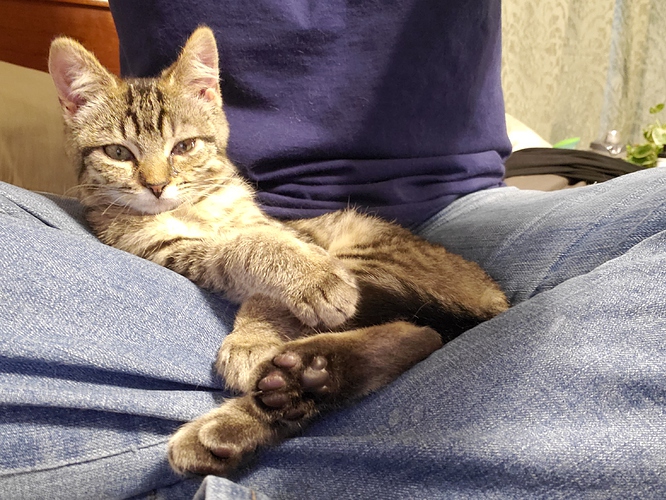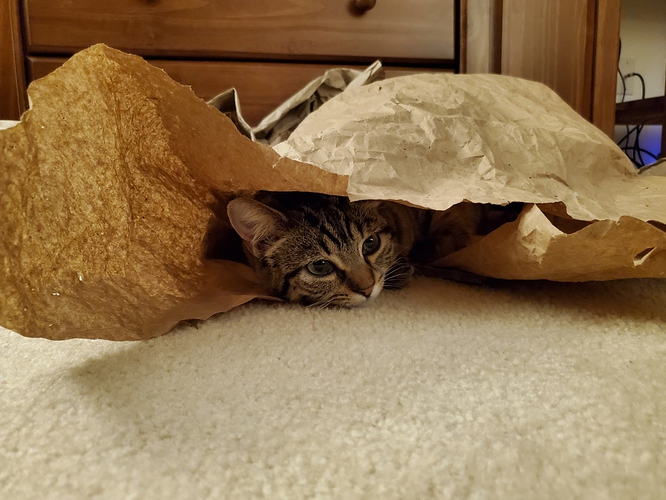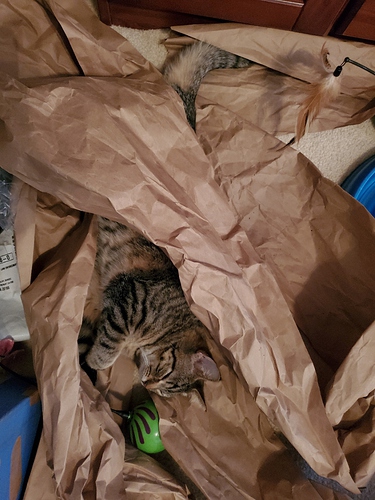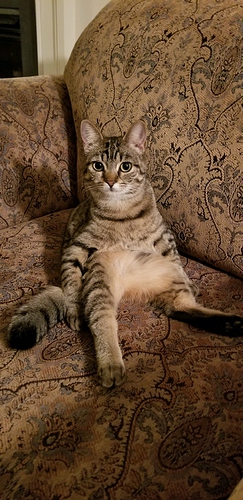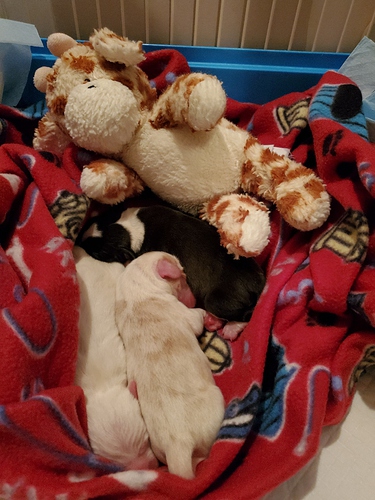I foster kittens for the local shelter and I ended up adopting one from my last litter.
I got her and her brother when they were 4 weeks old and they were very ill. They both survived but they both have constant low-level respiratory symptoms and sometimes flare-ups. They’re fully vaccinated now, but it looks like they were already infected prior to being vaccinated.
Are cats with chronic FHV always contagious? I don’t want to risk any kittens catching it from her so I’m afraid I’m going to have to stop fostering.
(And yes, I’ll ask my vet, but I thought the knowledgeable COTH posters might be able to give me a quick answer.)

